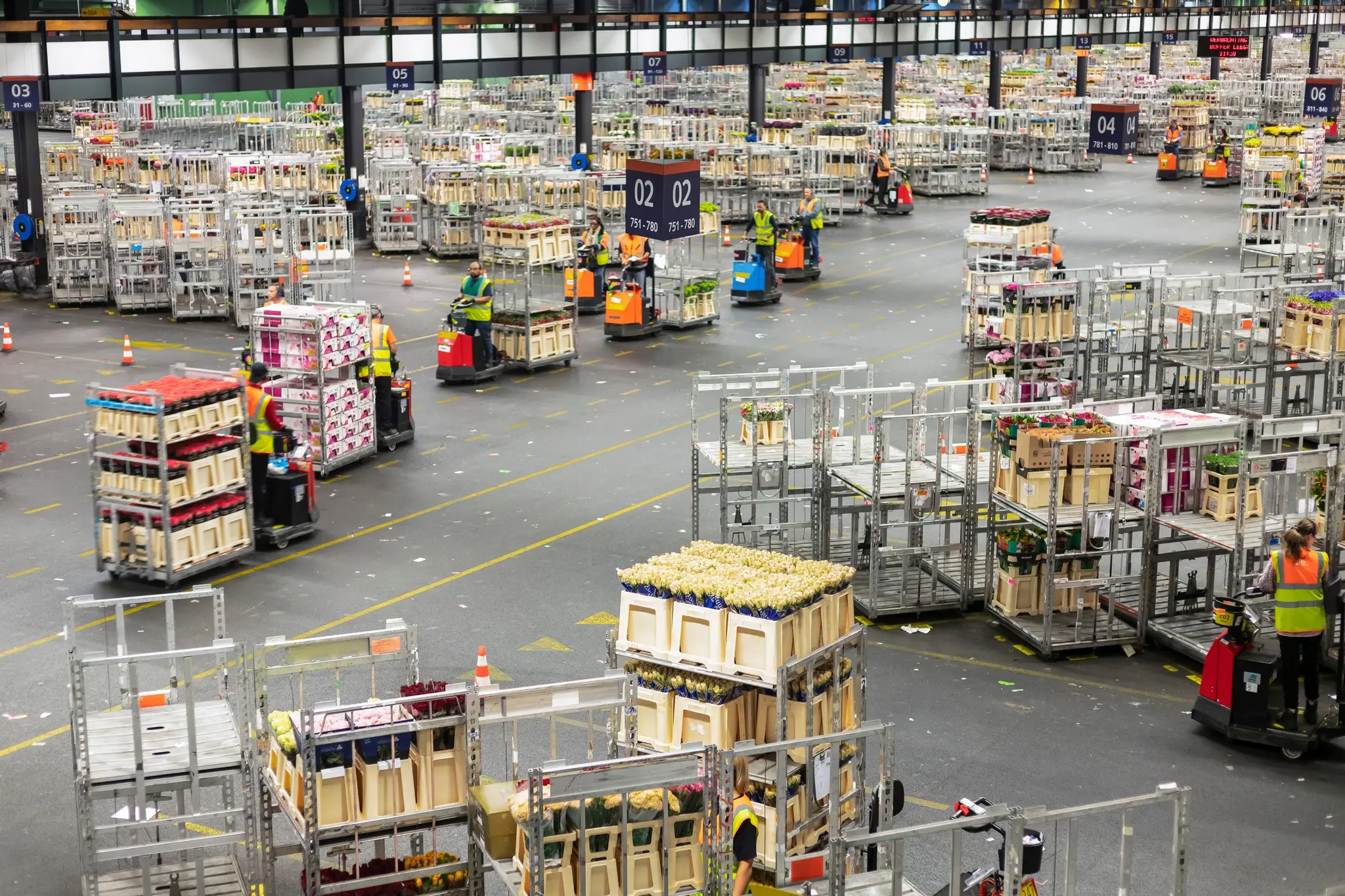
Floriculture invests approximately €1 billion annually in R&D (research and development), accounting for 5% of all Dutch R&D spending. The sector also provides solutions to major societal challenges, such as geothermal heat, smart energy systems and water management. The CO2 emitted by the industry is used by growers for plant growth. Digitalization plays a crucial role: through Floriday, growers and traders are connected worldwide and sustainability and origin are becoming increasingly transparent.
The impact of sustainability is great: the use of the most environmentally damaging crop protection products fell 78% worldwide, with Dutch growers as high as 96% (potted plants) and 88% (cut flowers).
The floriculture sector contributes €6.6 billion to Dutch GDP and exports €9.1 billion annually, mainly within Europe. At 48%, the Netherlands has a leading global market share and serves as an important transit port for flowers and plants from countries such as Kenya and Ethiopia and emerging producer countries such as Colombia and Italy. Approximately 80% of exports go to Europe, with Germany the largest customer. In terms of employment, the sector provides 65,000 jobs in the Netherlands and 400,000 worldwide. According to the panel, the future lies in broad collaboration: between growers, technology companies, knowledge institutions and logistics. Digitalization, transparency and 'beyond competition' cooperation should lead to a modern ecosystem that remains at the forefront internationally. In twenty years, Dutch floriculture would be fully digitally connected: growers worldwide sharing their flowers and plants and sustainability data through one platform, supported by transparent logistics and reliable facts. But above all, people will remain central: the passion of growers, the innovativeness of entrepreneurs and the pride in a centuries-old tradition.